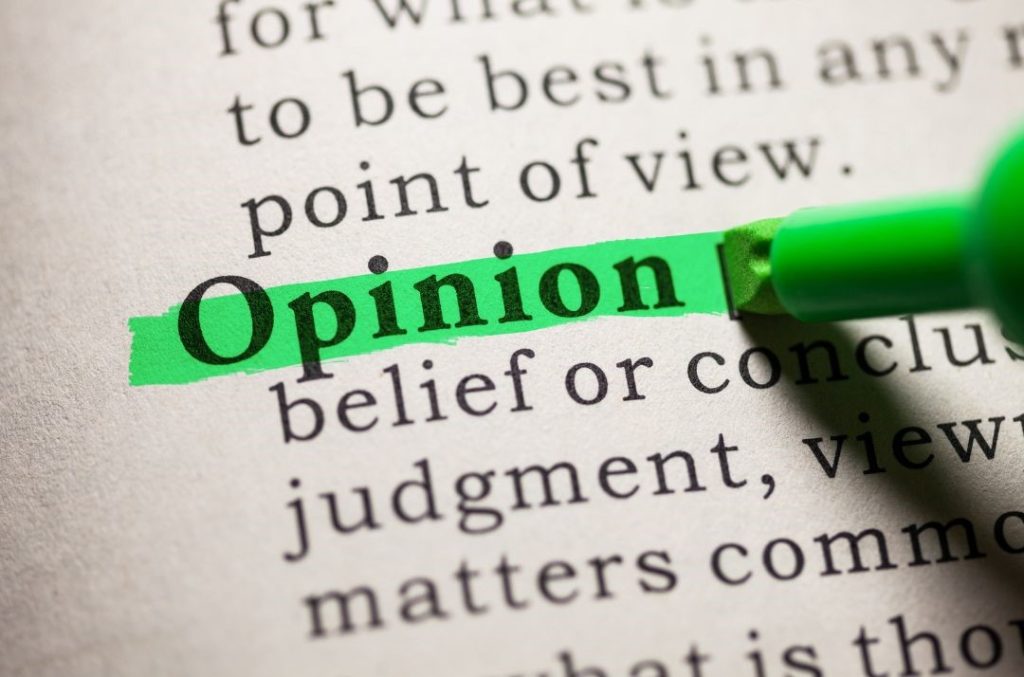THERE’S an old economics joke that goes a little something like this: a young man at an economics forum, seated among the world’s most prominent economists, gets up from the table and enquires whether anyone needs a cup of coffee.
‘Need? You don’t need anything!’ the distinguished economists furiously replied.
Despite what we are taught about the ‘necessities’ of food, clothing and shelter, the reality is there is no economic need for anything. Everything in demand is actually a want, and it is only in textbooks do we differentiate needs from wants. The food on our tables, the clothes in our cupboards and the roofs over our heads are not entitlements that ought to be bestowed upon us by virtue of mere existence.
It is often said that politics is economics and economics is politics-but nothing can be further from the truth. Economics and politics are two completely different things and each of them serves a different goal.
The goal of economics is to maximise the use of scarce resources whereas the goal of politics is to simply seek re-election. Politics therefore is only concerned with the next election cycle; economics requires us to take a much broader view than the next five years.
Political vernacular often gets intertwined in economic discussions, leading many people to believe that political terms form part of the economic jargon. In a world where food, clothing and shelter have already been misconstrued to form part of our basic needs, politicians have expanded upon these three basic ‘needs’ to include several others by claiming them to be among our ‘universal rights’.
The demand or want for shelter around the world has led to the formation of housing ministries where politicians promise ‘affordable housing’ in exchange for the electorate’s vote. Indeed, it is precisely this kind of manipulative language that makes politics a lot more attractive than plain, old-fashioned, boring economics.
Prices are determined by the market, and nothing else. Governments do not have the power to make things ‘affordable’. What they do is subsidise the cost of that thing. But partially or wholly financing something and making that thing ‘affordable’ or ‘free’ are not the same thing.
The price is still the same-and it must be paid by someone.
The Minister of Finance recently de facto admitted that no government can provide ‘affordable’ or ‘free’ anything over the long term when he said that it is proving difficult to pay for ‘free’ drugs.
Pay for free drugs? Such a paradoxical statement exposes the inherent unsustainable nature of the socialist policies that have plagued the Caribbean, Latin America and parts of Europe and North America over the last century.
One thing must first be understood: it is not the Government that ‘pays’ for ‘free’ drugs. It is current and future generations of taxpayers who are paying for it every time the Government collects tax revenues or acquires an international loan.
Now that the Finance Minister has sought approval to increase expenditure on health care, he wants to ensure ‘value for money’. But lofty ideals do not translate into reality.
The reality is the economic marketplace involves a very complex set of exchanges. There is no formula to determine what drugs ought to be supplied and in what quantities nor is there a bureaucracy large enough to facilitate such an arrangement-and even if one existed, the administrative costs alone outweigh any savings from a more efficient process.
Demand will always outstrip supply when the price is set to $0; hence, the programme will forever be a never-ending cycle of increased revenue expenditure.
Prices serve an important role in society, and no, it’s not to ‘dig out poor people eye’. Prices are in fact the regulatory body that prevents demand from exceeding supply.
Many people argue that subsidies are necessary because they help those in need. But how can we possibly tell who is in need if we determine that everyone, by virtue of existence, is in need?
If something is indeed critical to our well-being-if we truly need it-then we have to see if we can survive without it being subsidised. But we survived without it in the past and we will undoubtedly survive without it in the future. What we cannot keep surviving is more ten-year loans so that governments can enjoy five-year terms.
There is no free lunch. Economic reality cannot be evaded by political rhetoric. It inevitably comes back to bite us. We already saw it with the fuel subsidy, we saw it with GATE (Government Assistance for Tuition Expenses), we’re seeing it with electricity, and now we’re seeing it with CDAP (Chronic Disease Assistance Programme).
The electorate must ask: are we willing to make short-term sacrifices for long-term gain or are the short-term pleasures worth the long-term pain?
Jean-Claude Escalante Belmont



Responses